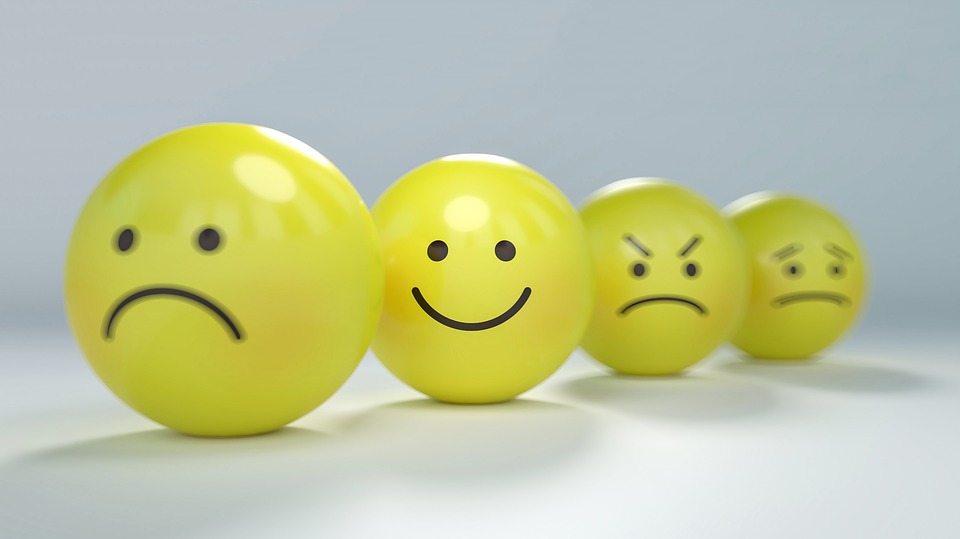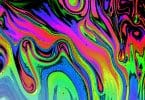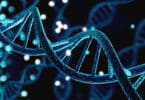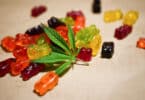Some people develop PTSD while others just stay in anxiety. We delved into the connection between PTSD, anxiety and CBD…
Question: Why do some people develop PTSD & some don’t?
Answer: Most people who have been exposed to danger do NOT develop PTSD – though they often become anxious. Risk factors make a person more likely to develop PTSD. Resilience factors decrease the risk of a person developing PTSD after a traumatic event.
Risk factors may be:
- living through trauma …
- getting hurt,
- witnessing another getting hurt …
- feeling helpless
- little/no social support
- personal history of substance abuse or mental illness
Resilience factors may be:
- seeking out support
- self-empowerment (learning to feel good about one’s own actions in the face of danger)
- coping strategy
- ability to respond effectively despite feeling fear
Question: Please explain to me where and what happens inside a person’s brain when the problems of anxiety & PTSD begin?
Answer: By using nuclear technology, the location of the feelings of fear, anxiety, PTSD, and all the phobias’ were found to begin in the amygdala. When a person develops any of these anxieties, the amygdala undergoes functional and structural changes. The amygdala becomes more “excitable”. Any trigger, whether it be physical, mental, or emotional will result in a response as if the trauma was occurring all over again.
Question: Is there a biochemical reason why some people are predisposed to anxiety or PTSD?
Answer: Yes. Some people are born with an excess of the enzyme that breaks down anandamide, the “bliss hormone”. This enzyme is called fatty acid amide hydrolase (FAAH). The more enzyme you have, the less “bliss” you will have, and thus predisposed to anxiety and PTSD. One of the ways that CBD works is by stimulating the TRPV vanilloid receptor which helps to increase anandamide – the bliss hormone.
Question: Can you tell me if there is any conventional medical treatment that can cure PTSD?
Answer: The most comprehensive review of PTSD and its treatments came out recently from the Department of Veterans Administration of the United States in November 2017.
In it they found that there exists NO clear medication that can definitively treat PTSD.
All that exists, are many medications that partially treat the problems that the patient develops because of the PTSD – but not the PTSD itself.
Antidepressants have been offered such as venlafaxine (75-300 mg/day), nefazodone (200-600mg/day), imipramine (150-300mg/day), and phenelzine (15-90mg/day)
The problem here, is that these medications treat the depression associated with the PTSD, but not the PTSD.
Antiseizure medications have been recommended to control the mood changes that are seen as a result of PTSD, such as carbamazepine, divalproex, lamotrigine, and topiramate. However, these agents require close blood monitoring, multiple drug interactions, and must be titrated extremely slowly.
Again, these medications treat the mood changes associated with PTSD, and basically just “numb” the patient.
Prazosin, a medication used to treat hypertension and urinary outlet obstruction in men with prostatic hypertrophy, has also been used. In the dosages needed to suppress the anxiety due to PTSD, high dosages are needed – dosages that can cause dizziness and possible fainting from medically-induced low blood pressure.
Question: I have been told I have PTSD by my therapist. It is quite ite possible that I do. I conquered substance abuse…except for the coffee! The doctor recommends that I wean off antidepressants using CBD. Any suggestions?
Answer: CBD is safe, effective, and simply put, the ideal way to wean off of antidepressants as CBD has an antidepressant “effect” in its actions. CBD inhibits serotonin and noradrenaline reuptake, which is exactly how SSRI’s and SNRI’s (conventional antidepressants) work. And while CBD exerts its antidepressant effect, it also treats the PTSD by increasing the anandamide level (some call it the “bliss” hormone) in the amygdala. The amygdala is considered the location of where the PTSD is generated in the brain.
As per your request, we are moving the weekly In-house doctor session from Thursday at 1 pm EST, to Thursday at 3 pm EST (That’s UK’s 20:00, NYC’s 15:00 and LA’s 12:00)
[maxbutton id=”10″]If you liked these questions and answers and want more, why not check out the Q&A from – Ask A Doctor – CBD For PTSD
[Image credit- Pixabay]








